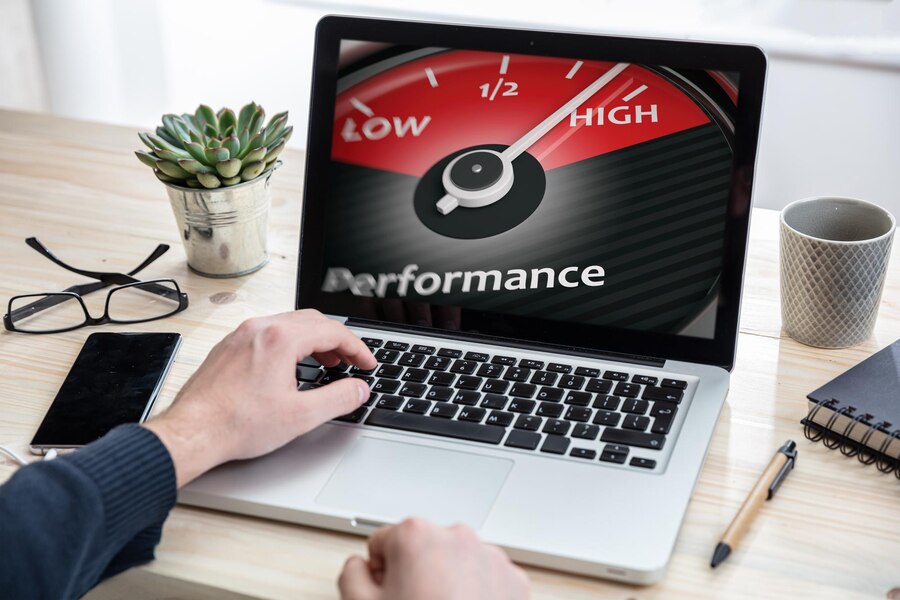
If your PC is running slow, games are lagging, or visuals aren't up to par, don’t rush out to buy expensive new hardware. In many cases, simple software adjustments and performance tools can breathe new life into your system. This guide outlines practical ways to speed up your computer, especially for gaming purposes, without requiring technical expertise or major upgrades.
1. Update Your Graphics Drivers
Your graphics card (GPU) plays a crucial role in gaming. Keeping its drivers updated ensures that it performs at its best. Manufacturers like AMD and >NVIDIA regularly release driver updates to fix bugs, add game-specific optimizations, and improve overall system stability. You can install these updates via dedicated apps like GeForce Experience (for NVIDIA) or download them directly from their official websites.
2. Reduce In-Game Graphics Settings
Most modern games come with adjustable graphics settings. If you experience frame drops or stuttering, try lowering the resolution, turning off shadows, or setting texture quality to medium. These adjustments reduce the load on your GPU and CPU, improving the smoothness of gameplay. This is especially effective on older or entry-level systems.
3. Shut Down Unnecessary Programs
Background applications consume valuable system resources. Before launching a game, close any apps you don't need—such as file downloaders, media players, or browser tabs. Use tools like Win Riser to help automate this process. It removes junk files, frees up memory, and disables non-essential startup programs, optimizing performance with minimal effort.
4. Turn On Game Mode (Windows 10/11)
Windows Game Mode prioritizes gaming processes by minimizing background activity. It helps your system allocate more power to the game itself. To enable it:
- Go to Settings > Gaming > Game Mode
- Toggle Game Mode to "On"
This small tweak can deliver noticeable improvements in responsiveness, especially during high-intensity gaming sessions.
5. Check Your Hardware
If games remain sluggish despite optimizations, your hardware could be the bottleneck. Consider upgrading components like:
- SSD (Solid-State Drive): Cuts game load times dramatically
- RAM: Increases system responsiveness with multitasking and modern games
- GPU: For demanding 3D games, a better graphics card yields the biggest improvement
However, make these upgrades only after exhausting software-level optimizations.
6. Keep Your PC Clean and Cool
Dust buildup and poor ventilation cause overheating, which slows down performance. Clean your computer regularly, ensure fans are working properly, and maintain open airflow. Cooling pads and thermal paste reapplications can also help maintain safe temperatures, especially for gaming laptops.
7. Use Dedicated PC Optimizer Software
Software tools like Win Riser, CCleaner, or Advanced SystemCare are designed to scan for unnecessary files, registry errors, and background services that slow down your machine. They often include one-click solutions for:
- Freeing up disk space
- Managing startup programs
- Repairing broken system files
- Boosting RAM availability
These tools simplify the optimization process, especially for non-technical users.
Conclusion
You don't need to be a tech expert or spend a fortune to enhance your PC's gaming performance. From updating drivers to enabling Game Mode and using PC optimizer tools, small changes can make a big difference. If done correctly, these steps will help you enjoy smoother gameplay and extend the life of your current hardware setup.
Share this post
Leave a comment
All comments are moderated. Spammy and bot submitted comments are deleted. Please submit the comments that are helpful to others, and we'll approve your comments. A comment that includes outbound link will only be approved if the content is relevant to the topic, and has some value to our readers.

Comments (0)
No comment